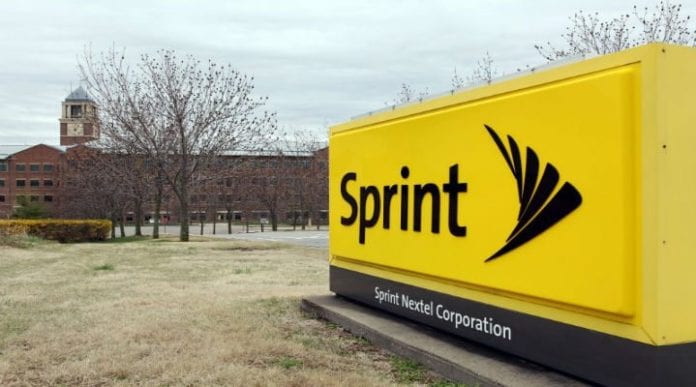As it continues to test three-channel carrier aggregation, Sprint this week reports that a recent trial using the LG G5 smartphone achieved peak data throughput speeds of 275 megabits per second.
The company said the carrier aggregation testing is part of its preparation for LTE Plus, a term the Overland Park, Kansas-based carrier uses to describe the metros where it provides peak speeds above 100 Mbps, taps into its 2.5 GHz spectrum assets and employs two-channel carrier aggregation using spectrum in the 800 MHz, 1.9 GHz and 2.5 GHz bands. LTE Plus is available in 237 markets.
Carrier aggregation, part of the LTE-Advanced standard, essentially combines noncontiguous spectrum to create a wider channel, which allows for more capacity.
“Our holdings of more than 160 megahertz of 2.5 GHz spectrum in the top 100 U.S. markets give us more capacity than any other carrier in the U.S. In combination with our densification and optimization strategy we futureproof our network for our customers,” Günther Ottendorfer, Sprint COO of technology, said. “This capacity enables us to reach very high speeds, as well as provide innovative unlimited data plans to our customers while keeping pace with the growing demand for data.”
For more information on Sprint’s network plans, check out this episode of RCR Wireless News Editor-in-Chief Dan Meyer’s weekly Carrier Wrap.

In carrier aggregation test, Sprint achieves 275 Mbps speed
ABOUT AUTHOR
